7 years ago #9817626
2
0
omg that is so true! xD I have read all the Faroese comics and I love them all!! <3
7 years ago #9794778
2
0
Seems relevant to reintroduce this older strip, which might clear out a thing or two about Faroese whaling:
https://satwcomic.com/the-big-shame
https://satwcomic.com/the-big-shame
7 years ago #9794550
2
1
I only support whaling if it involves "traditional" practices, and by "traditional", I mean you have to use ACTUAL traditional methods like non-motorized canoes, throwing harpoons by hand, etc etc. No whale detectors, heck, no heating or AC on your ship, you have to hunt like your ancestors hunted.
Or just eat beef, mutton, pork, and chicken like everyone else. And horse, camel, emu, venison, octopus, clams, lobster, crabs, cockroaches, grubs, grasshoppers, rabbit, squirrel, capybara, guinea pig, llama, alligator, eel...
Or just eat beef, mutton, pork, and chicken like everyone else. And horse, camel, emu, venison, octopus, clams, lobster, crabs, cockroaches, grubs, grasshoppers, rabbit, squirrel, capybara, guinea pig, llama, alligator, eel...
7 years ago #9794224
2
0
Legit question: Are the Faroe Islands worse at whale... killing... endangering... slaughtering (?)... than Japan? Because I know they're pretty bad at it too.
Add comment: Please Sign in or create an accout to comment.
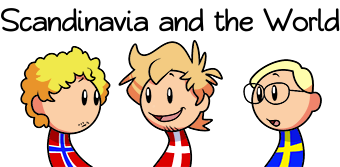

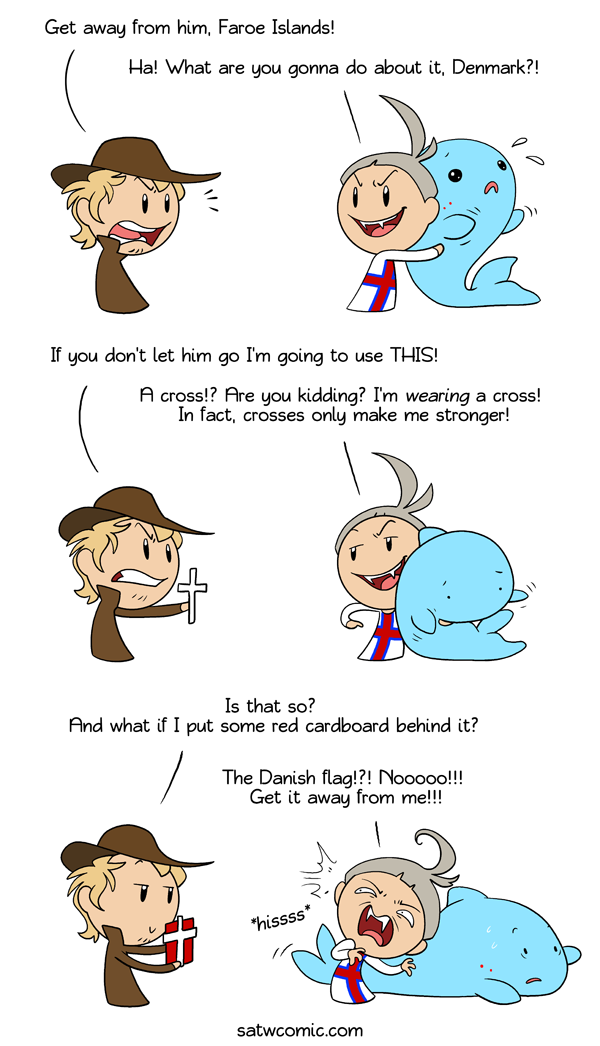
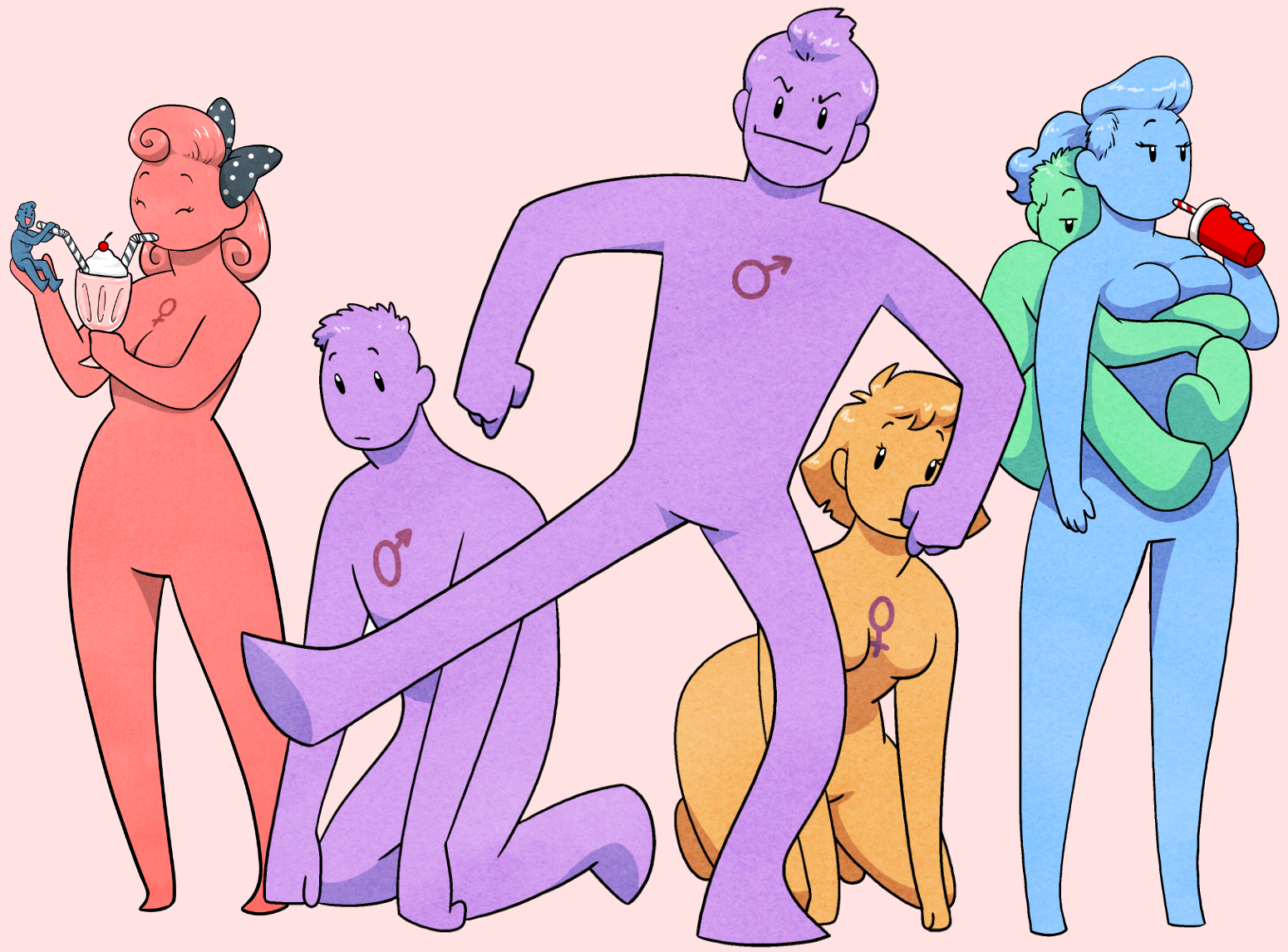
 Support the comic on
Support the comic on 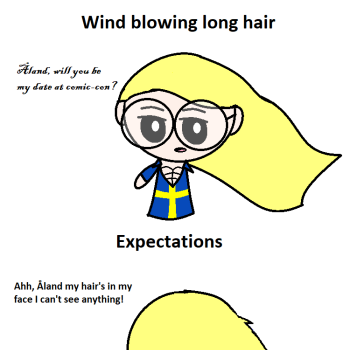










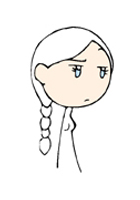









31